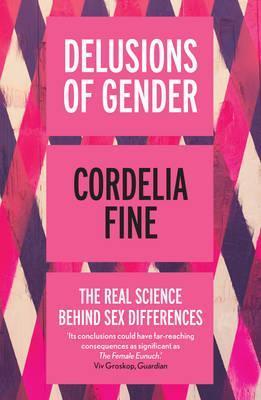Galinsky and his colleagues found that pretending to be a professor improved analytic skills compared with controls, while a self-merging with cheerleader traits impaired them. Those who had imagined themselves as an African American man behaved more competitively in a game than those who had briefly imagined themselves to be elderly. The simple, brief experience of imagining oneself as another transformed both self-perception and, through this transformation, behaviour. The maxim ‘fake it till you make it’ gains empirical support.
Welcome back. Just a moment while we sign you in to your Goodreads account.


